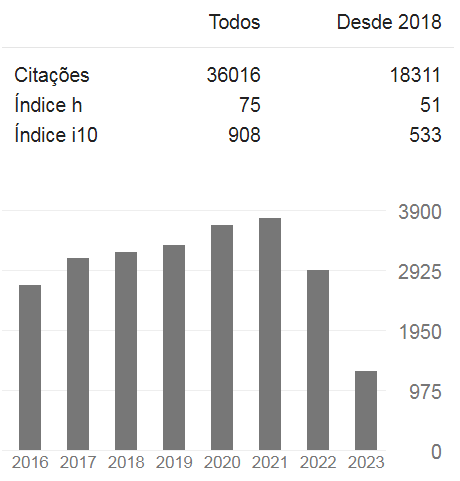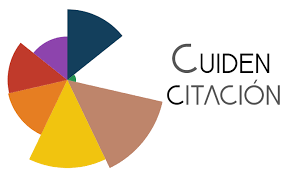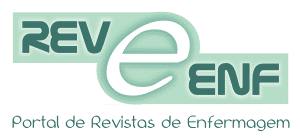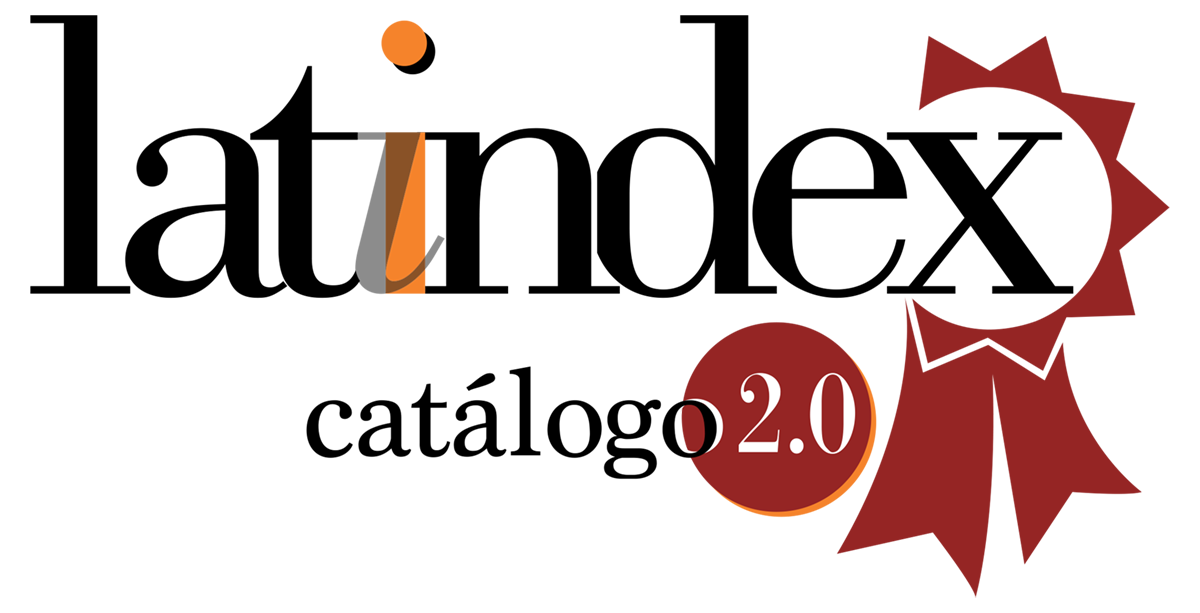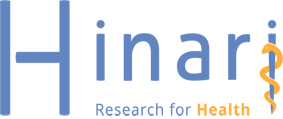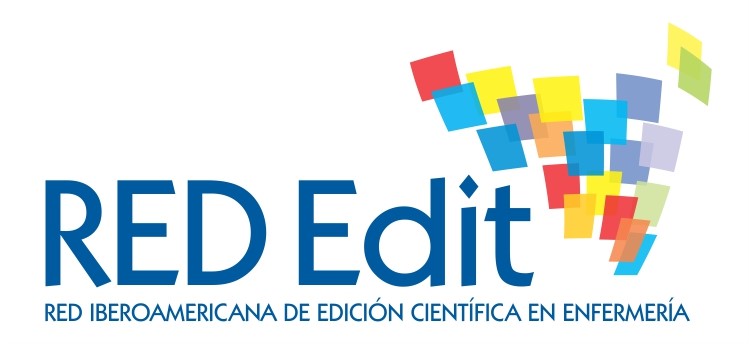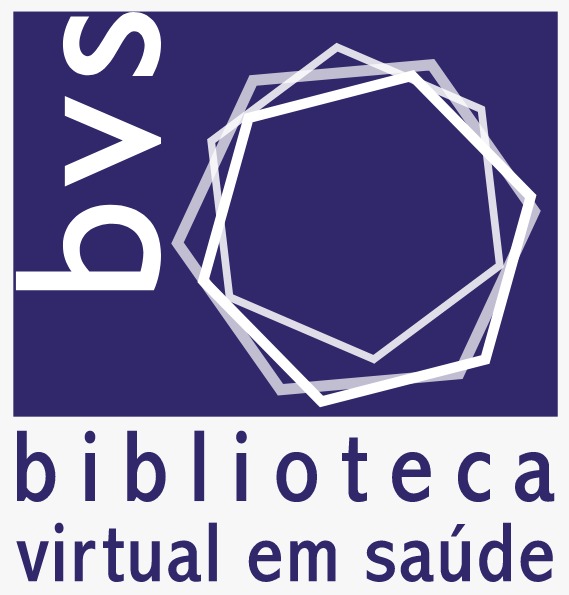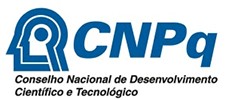Skills training by skills development techniques for Nursing students
DOI:
https://doi.org/10.35699/reme.v26i.38545Keywords:
Education, Nursing, Nursing Education Research, Simulation Training, Competency-Based Education, Clinical CompetenceAbstract
Objectives: to identify the contributions of skills training through simulation as a pedagogical strategy to develop competencies in the training of Nursing students. Method: this was a qualitative, exploratory-descriptive study. The study setting was a discipline of the undergraduate Nursing course of a public university in southern Brazil. Participants were students enrolled in the collection semester, constituting a convenience sample. Data were collected in 2019, at the end of the skills training, through a questionnaire composed of open-ended questions. The data corpus was submitted to thematic analysis, following the steps of pre-analysis, material exploration, treatment of the results obtained, and interpretation. Results: twenty-five students agreed to participate in the study, and the results comprised three categories: i) Skills training as a strategy to develop criticality in learning; ii) Learning from knowing oneself and recognizing feelings that emerged during the experience; iii) Contributions to developing competencies from a dialogical process. Conclusion: skills training provides the opportunity to develop dexterity and mastery of technical procedures prior to clinical practice and contributes to the educational process of Nursing students through the development of competencies. The professors’ welcoming and receptive pedagogical posture, contributing to a positive experience, stood out.
References
Freire P. Educação e mudança. 23 ed. Rio de Janeiro: Paz e Terra; 2011.
Freire P. Educação como prática da liberdade. Rio de Janeiro: Paz e Terra; 2019.
Smart D, Ross K, Carollo S, Williams-Gilbert W. Contextualizing instructional technology to the demands of Nursing education. CIN: Computers, Informatics, Nursing. 2020[citado em 2021 jul. 12];38(1):18-27. Disponível em: http://dx.doi.org/10.1097/CIN.0000000000000565
Carvalho DPSRP, Vitor AF, Cogo ALP, Bittencourt GKGD, Santos VEP, Ferreira Júnior MA. Measurement of general critical thinking in undergraduate nursing students: experimental study. Texto Contexto Enferm. 2020[citado em 2022 jan. 12];29:e20180229. Disponível em: http://dx.doi.org/10.1590/1980-265x-tce-2018-0229
Oliveira SN, Prado ML, Kempfer SS. Utilização da simulação no ensino da Enfermagem: revisão integrativa. REME - Rev Min Enferm. 2014[citado em 2022 jan. 15];18(2):487-95. Disponível em: http://dx.doi.org/10.5935/1415-2762.20140036
Ministério Educação (BR). Diretrizes curriculares nacionais do curso de graduação em Enfermagem. Brasília: MEC; 2001[citado em 2022 jan. 18]. Disponível em: http://portal.mec.gov.br/cne/arquivos/pdf/CES03.pdf
Fukada M. Nursing competency: definition, structure and development. Yonago Acta Med. 2018[citado em 2022 jan. 02];61(1):1-7. Disponível em: https://www.jstage.jst.go.jp/article/yam/61/1/61_2018.03.001/_article/-char/ja/
Silveira MSC, Petersen AL. Contribuições das tecnologias educacionais digitais no ensino de habilidades de Enfermagem: revisão integrativa. Rev Gaúch Enferm. 2017[citado em 2022 abr. 03];38(2):e66204. Disponível em: https://doi.org/10.1590/1983-1447.2017.02.66204
Minayo MCS. Amostragem e saturação em pesquisa qualitativa: consensos e controvérsias. Rev Pesq Qualitativa. 2017[citado em 2022 jan. 23];5(7):1-12. Disponível em: https://editora.sepq.org.br/rpq/article/view/82/59
Souza VRS, Marziale MHP, Silva GTR, Nascimento PL. Translation and validation into Brazilian Portuguese and assessment of the COREQ checklist. Acta Paul Enferm. 2021[citado em 2022 jun. 02];34:eAPE02631. Disponível em: https://doi.org/10.37689/acta-ape/2021AO02631
Bellaguarda ML, Knihs NS, Canever BP, Tholl AD, Alvarez AG, Teixeira GC. Realistic simulation as a teaching tool in critical situation communication in palliative care. Esc Anna Nery Rev Enferm. 2020[citado em 2022 jan. 25];24(3):e20190271. Disponível em: https://doi.org/10.1590/2177-9465-ean-2019-0271
Magnago TSBS, Silva JS, Lanes TC, Dal Ongaro J, Luz EMF, Tuchtenhagen P, et al. Simulação realística no ensino de segurança do paciente: relato de experiência. Rev Enferm UFSM. 2020[citado em 2021 maio 01];10:e13. Disponível em: https://doi.org/10.5902/2179769236616
Owen MI, Garbett M, Coburn CV, Amar AF. Implementation of deliberate practice as a simulation strategy in Nursing education. Nurse Educ. 2017[citado em 2022 jan. 14];42(6):273-4. Disponível em: https://doi.org/10.1097/NNE.0000000000000371
Oermann MH. Use of deliberate practice in teaching in Nursing. Nurse Educ Today. 2015[citado em 2022 jan. 14];35(4):535-6. Disponível em: https//doi.org/10.1016/j.nedt.2014.11.007
Gholamzadeh S, Khastavaneh M, Khademian Z, Ghadakpour. The effects of empathy skills training on Nursing students’ empathy and attitudes toward elderly people. BMC Med Educ. 2018[citado em 2022 jun. 01];198(18). Disponível em: https://doi.org/10.1186/s12909-018-1297-9
Montes LG, Rodrigues CIS, Azevedo GR. Assessment of feedback for the teaching of Nursing practice. Revista Bras Enferm. 2019[citado em 2021 jul. 13];72(3):663-70. Disponível em: https//doi.org/10.1590/0034-7167-2018-0539
Santos CM, Kroeff RFS. A contribuição do feedback no processo de avaliação formativa. Rev Multidisciplinar Educ. 2018[citado em 2022 fev. 12];5(11):20-39. Disponível em: http//doi.org/10.26568/2359-2087.2018.2776
Canever BP, Prado ML, Gomes DC, Backes VMS. Self-knowledge of health teachers: a qualitative exploratory study. Nurse Educ Today. 2018[citado em 2022 jan. 15];65(1):54-59. Disponível em: https// 10.1016/j.nedt.2018.02.035
Lee J, Lee H, Kim S, Choi M, Ko IS, Bae JY, et al. Debriefing methods and learning outcomes in simulation Nursing education: a systematic review and meta-analysis. Nurse Educ Today. 2020[citado em 2022 jun. 02];87(1):104345. Disponível em: https://doi.org/10.1016/j.nedt.2020.104345
Martin JCA. Aprendizagem e desenvolvimento em contexto de prática simulada. Rev Enferm. 2017[citado em 2022 jun. 02];4(12):155-62. Disponível em: https://doi.org/10.12707/RIV16074
Bortolato-Major C, Arthur JP, Mattei AT, Mantovani MF, Feliz JVC, Boostel R. Contributions of the simulation for undergraduate Nursing students. Rev Enferm UFPE on line. 2018[citado em fev. 02];12(6):1751-62. Disponível em: http//doi.org/10.5205/1981-8963-v12i6a230633p1751-1762-2018
Hirsch CD, Barlem ELD, Almeida LK, Tomaschewski-Barlem JG, Lunardi VL. Fatores percebidos pelos acadêmicos de Enfermagem como desencadeadores do estresse no ambiente formativo. Texto Contexto Enferm. 2018[citado em 2021 fev. 03];27(1):e0370014. Disponível em: https://www.scielo.br/j/tce/a/KTNJLpSq7X73DGkf6zzkVpf/?format=pdf&lang=pt
Knihs NS, Girondi JBR, Nascimento KC, Amante LN, Bellaguarda MLR, Sebold LF, et al. Planning and development of empathic educational pedagogical practice in the process of death and dying: a pilot test. J Nurs Educ Practice. 2021[citado em 2022 maio 06];11(10). Disponível em: https://doi.org/10.5430/jnep.v11n10p63
Robbins DE. The effect of hands-on practice on the skills proficiency of Nursing home nurses. Inter J Studies Nurs. 2020[citado em 2022 jan. 28];5(1):39-59. Disponível em: http://doi.org/10.20849/ijsn.v5i1.717
Frota MA, Wermelinger MCMW, Vieira LJES, Ximenes NFRG, Queiroz RSM. Ciênc Saúde Colet. 2020[citado em 2022 jan. 03];25(1):25-35. Disponível em: https://doi.org/10.1590/1413-81232020251.27672019
Additional Files
Published
Issue
Section
License
Copyright (c) 2022 REME-Revista Mineira de Enfermagem

This work is licensed under a Creative Commons Attribution 4.0 International License.



